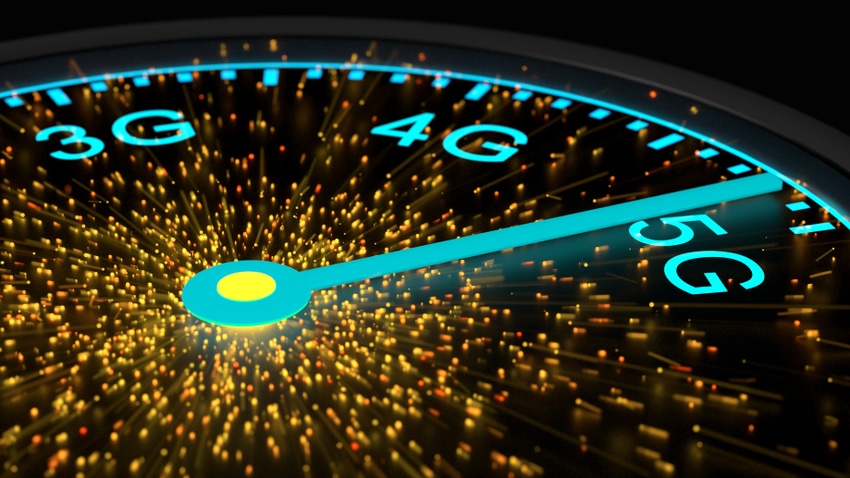UAE-based operator group Etisalat combined 2.6 GHz, 3.5 GHz and 26 GHz spectrum to claim the fattest of pipes.
December 7, 2020

UAE-based operator group Etisalat combined 2.6 GHz, 3.5 GHz and 26 GHz spectrum to claim the fattest of pipes.
The amount of each spectrum used wasn’t revealed, nor were the conditions under which the speed was achieved, nor what kind of kit was used at either end. So it seems fair to say this particular record-setting feat was performed entirely for the PR win, which is exactly what it got, so well done everyone.
“We are pleased to announce that Etisalat UAE has achieved unprecedented 9.1 Gbps 5G network speed,” said Saeed Al Zarouni, SVP of Mobile Network at Etisalat. “This 5G ultra-wideband game-changing download speed is the fastest in the world. We at Etisalat always strive to meet the ever-increasing bandwidth demand from diverse needs of customers, businesses, automation, and gaming.
“Today’s landmark announcement is a result of Etisalat’s efforts in building a robust 5G network, and 9.1 Gbps is truly a huge leap forward in the 5G era to offer a speed 30 times faster than a 4G average throughput. This will have a significant and profound change on individuals, industries, society and the economy, transforming how we live and work.”
That does seem like a bit of an overstatement. Nokia recently managed 8 Gbps and it offered a lot more detail about the conditions under which the speed was achieved. We don’t even know, for example, whether or not Etisalat used a commercial network. If it did, then it should at least have a think about its press release writing strategy.
The second d have of the release was spent entirely bigging up Etisalat’s network in general, thus further revealing the real purpose of this speed record attempt. The words ‘leading’, ‘first’, ‘breakthrough’ and ‘fastest’ feature prominently and we have no reason to doubt any of them. But the bigger the claim, the greater the burden of evidence and Etisalat fell well short in that regard.
About the Author(s)
You May Also Like








.png?width=300&auto=webp&quality=80&disable=upscale)


_1.jpg?width=300&auto=webp&quality=80&disable=upscale)


.png?width=800&auto=webp&quality=80&disable=upscale)